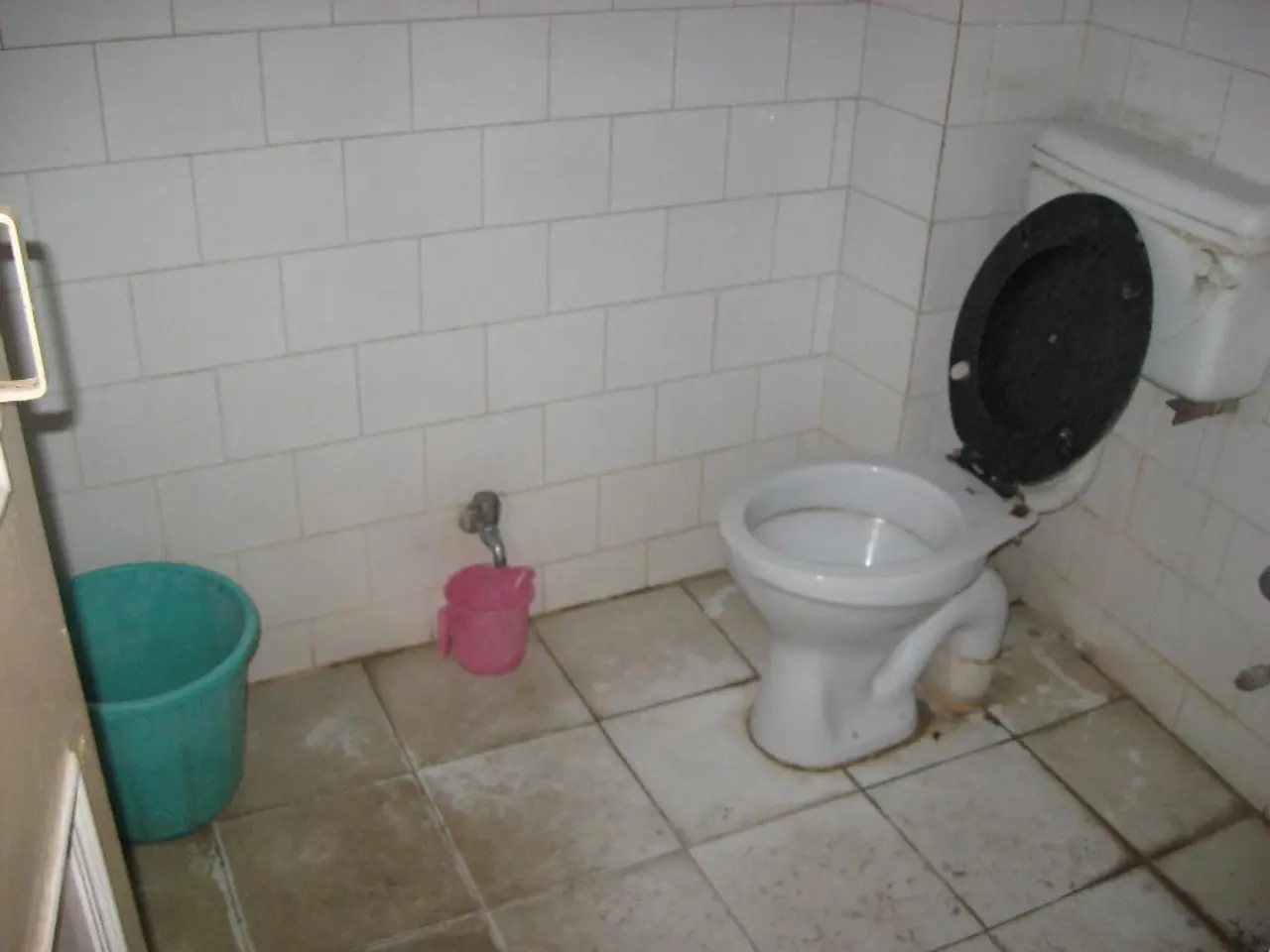Hong Kong authorities considering an appeal on court decision that allows opposite-sex individuals to use designated public restrooms
In a historic ruling on July 22-23, 2025, the High Court of Hong Kong upheld an anonymous litigant's claim that the government had violated its constitutional duty to safeguard residents' fundamental rights. The court ruled in favour of transgender individuals' right to use public restrooms corresponding to their gender identity, striking down regulations that criminalized the use of bathrooms designated for the opposite sex.
The court found that these regulations, which are part of the Public Conveniences (Conduct and Behaviour) Regulation, violate constitutional equality and privacy rights. However, Judge Russell Coleman suspended the declaration of invalidity for one year, allowing the government time to consider how to amend the regulations or implement appropriate measures to address the issue.
The court emphasized that deciding where to draw the line on sex classification legally is a matter for the government or legislature, not the judiciary. Currently, the law allows only children under five accompanied by an opposite-sex adult to enter such facilities, with violators facing a fine of up to HKD 2,000 (~USD 255).
The ruling specifically focused on the impact this has on the transgender community. Despite the ruling, the Environment and Ecology Bureau, which manages public lavatories under the Public Conveniences (Conduct and Behaviour) Regulation, has not yet announced any plans to change the requirement for residents to use sex-segregated public toilets to comply with the law.
The arrangement of sex-segregated public toilets, which aims to protect privacy and safety, reflects social norms and expectations. The bureau has reminded residents to continue using sex-segregated public toilets to avoid legal issues. The court's ruling did not specify if it applies to public toilets managed by other government departments or those located on private premises.
The government is seeking legal opinions and considering an appeal regarding the judgment. It is unclear what the specific issues with the sex-segregated public toilets are that led to the judgment. The Environment and Ecology Bureau did not specify the nature of the recent judgment it is studying.
This marks a significant step toward transgender rights recognition in Hong Kong, a move that has been widely accepted by society. The government is reviewing the judgment and consulting relevant departments on implementing the ruling. As the situation develops, it will be interesting to see how the government responds to this landmark decision.
- The government's response to the landmark decision on transgender rights in Hong Kong, which has been generally accepted by society, might significantly impact society's opinion on mental-health issues within the transgender community.
- The ongoing review of the High Court's judgment on the use of sex-segregated public restrooms by transgender individuals presents a unique opportunity for health-and-wellness practitioners to advocate for policies that prioritize the environment's sustainability and mental health.
- In the wake of the court's ruling, the science community should research the effects of integrating transgender individuals into all-gender public restrooms on overall privacy and safety, contributing valuable insights to the broader conversation on constitutional equality, privacy rights, and societal norms.




